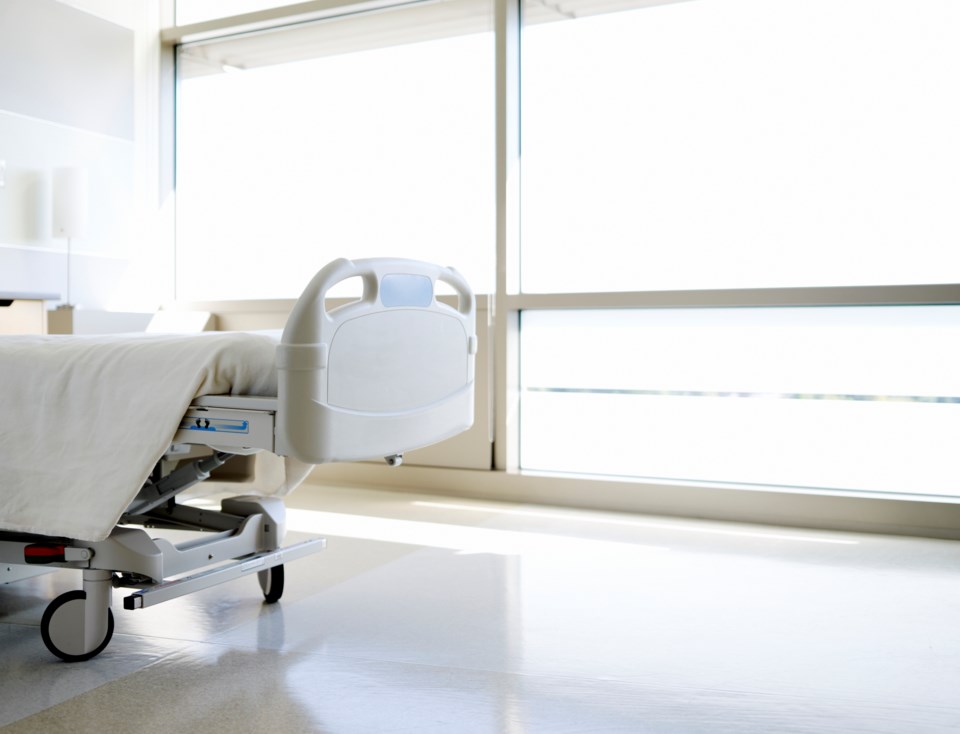After recently losing a friend and colleague to sepsis (following her cancer surgery), I felt it important to spread the word on this very dangerous condition.
At my friend’s celebration of life, one of her daughters spoke about the importance of understanding this condition, as her mother died in the hospital of septic shock — not cancer. This moved me and motivated me to do some research and share what I found out.
However, this is a very complex topic involving many bodily systems, organs and also our gut microbiome, so I think I may be more confused than when I started.
I am not a doctor and the following information may not be 100% accurate but, to the best of my ability, the intention of this article is to bring awareness to this life-threatening condition, which is not as rare as one would think.
First, some terminology:
Septicemia: Often referred to as blood poisoning, septicemia is caused by bacteria, viruses, or fungi that enter the bloodstream causing infection in the body. This is why it is important to have good hygiene and wash hands regularly (especially after using the toilet and before eating), wearing gloves when gardening and avoiding going barefoot (especially in the presence of animal or bird excrement). Not only is our skin is porous, but small unnoticed cuts can be entry points for parasites or harmful bacteria. A simple blood test can detect septicemia if it is suspected. Left untreated, septicemia can lead to sepsis.
Sepsis: A life-threatening condition that occurs when the body itself has an extreme response to an infection. Sepsis is often associated with an infection due to dental or post surgical issues, urinary tract infections, pneumonia, gastrointestinal infections, or even influenza. Post surgical infections can occur at a surgery site, wound, burn or catheter site. Infections must be treated promptly, to prevent them from becoming septic. Sepsis can also occur at home or travelling — from viral, fungal, or parasitic infections.
Septic shock: Untreated sepsis can cause widespread inflammation and a severe drop in blood pressure, impairing blood flow to extremities and organs causing tissue damage and organ dysfunction or failure. The most common organs affected by septic shock include the heart, brain, liver, lungs and kidneys. According to Global Sepsis Alliance, once sepsis has progressed to septic shock, death rate can be as high as 30% to 40%. The quicker sepsis is treated, the better the chances of survival. As sepsis is a serious medical emergency, it requires prompt diagnosis and medial treatment.
Avoiding infections through prevention:
- Wash hands throughout the day, especially after using the toilet and before eating, or after touching contaminated surfaces (door handles, elevator buttons, etc.), animals, etc.
- Keep wounds and burns clean and covered until healed. Get stitches for deep wounds and watch for infection. Seek medical attention for wounds or burns that aren’t healing, or getting worse. Be diligent in following medication or antibiotic instructions.
- Learn to manage chronic conditions like diabetes, lung disease, and kidney disease to avoid infection.
- Stay up to date with essential vaccinations. I realize this one is controversial but many diseases have been eradicated with vaccines — please seek education before assumption and reaction.
Symptoms and early warning signs:
- The onset of a high temperature or a lower-than-normal body temperature (chills)
- Rapid breathing, fast heart rate, dehydration (decreased urine), sweaty or clammy skin
- Confusion, mental disorientation, feeling unusually fearful, or difficulty waking up
- Redness, swelling, or pus discharge at a would or surgical site (indications of an infection)
- Mottled skin
- Shortness of breath with discomfort or severe pain
After a surgery, or anytime the above symptoms are present, it is very important to seek immediate medical attention. For those who are hesitant to head to the ER, calling 811 can confirm if it is an urgent situation.
Author’s note: In addition to my research on the symptoms, progression and treatment of sepsis, I have also come across several articles in medical journals indicating the importance of a healthy balanced gut microbiome in successful prevention and treatment of sepsis.
For further info in this area, please read some of the articles regarding digestive health on my website as well as talking to your physician, naturopath and nutritionist. There are also many documentaries, books and websites that cover the topic of gut health.
Education is power — especially when it comes to our health.
Claire Nielsen is a health coach, author, public speaker and founder of www.elixirforlife.ca. The information provided in the above article is for educational purposes only and is not a substitute for professional health and medical advice. Please consult a doctor, health-care provider or mental health practitioner if you're seeking medical advice, diagnoses and/or treatment.




